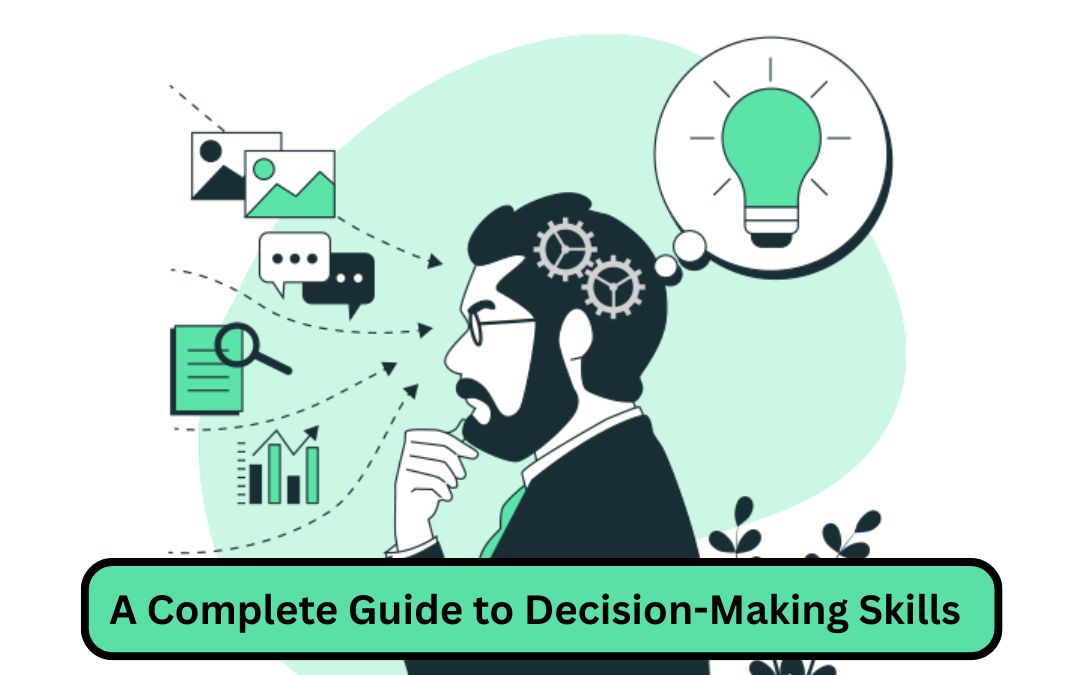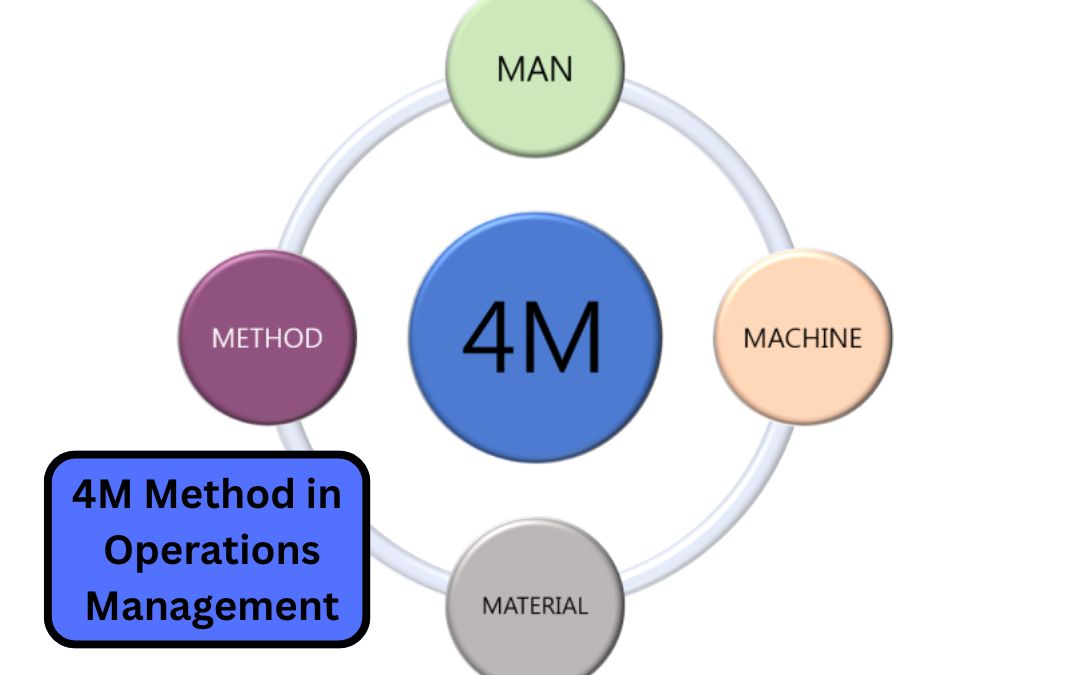In any workplace, the ability to make smart, timely, and confident decisions separates good employees from great leaders. Strong decision-making skills save time, optimize resources, boost productivity, and lay the foundation for long-term success. This guide explores what decision-making skills really are, how to improve them, and how to showcase them effectively in your job hunt.
What Are Decision-Making Skills?
Decision-making skills are your ability to choose the best course of action among various alternatives. These skills are not just about picking an option—they involve evaluating information, identifying risks, and forecasting outcomes. Good decision-makers base their choices on logic, data, and objectivity rather than bias or instinct.
Examples of Decision-Making Skills
Here are the key skills that contribute to effective decision-making:
1. Problem-Solving
Being able to identify issues and work out logical, effective solutions is the backbone of decision-making. Great leaders analyze problems without getting emotionally influenced and work toward decisions that benefit the entire organization.
2. Emotional Intelligence
Understanding and managing emotions—both yours and others’—helps in making balanced decisions. Leaders with emotional intelligence are better at navigating team dynamics and communicating under pressure.
3. Critical Thinking
Critical thinking involves assessing facts, identifying patterns, and considering past outcomes. Leaders who think critically make informed decisions with minimal room for error.
4. Logical Reasoning
Decisions must be supported by facts and data. Logical reasoning helps weigh the pros and cons of each choice before arriving at a final decision.
5. Leadership
True leaders guide others toward a shared goal. Effective decision-making requires the ability to get team buy-in and establish a clear direction.
6. Teamwork
Team input can reveal angles you hadn’t considered. Collaborative decision-making strengthens unity and boosts employee morale.
7. Creativity
Creative thinkers explore beyond the obvious. Their ability to innovate leads to unique solutions that traditional methods may miss.
8. Time Management
Many decisions are time-sensitive. The ability to prioritize and manage time ensures you act swiftly without sacrificing quality.
How to Improve Your Decision-Making Skills
Follow these steps to sharpen your decision-making abilities:
1. Identify the Issue Clearly
Understand the problem at hand and determine why a decision needs to be made. Evaluate both immediate needs and long-term goals.
2. Gather Relevant Information
Don’t rely solely on intuition. Base your decision on accurate and complete data from trusted sources.
3. List All Possible Solutions
Document every viable alternative before choosing the best one. This practice helps avoid tunnel vision.
4. Use SWOT Analysis
Break down each option’s strengths, weaknesses, opportunities, and threats. This structured method offers a clearer view of the most beneficial path.
Applying Decision-Making Skills in the Workplace
You can apply your decision-making skills at work in the following ways:
- Manage emotions to stay objective and rational.
- Be assertive but respectful while making tough choices.
- Test your decisions on a small scale first. For instance, before investing in a new tool, use a trial version to gauge its value.
How to Showcase Decision-Making Skills During a Job Search
Employers highly value candidates with strong decision-making skills. Here’s how to highlight them:
1. On Your Resume
Use action verbs like decided, implemented, executed, and evaluated. Tailor your resume to match the job description by including relevant decision-making experiences.
2. In Your Cover Letter
Tell a story. Share a brief example of a decision you made, its reasoning, and its impact. Use numbers or measurable results to make it compelling.
3. During the Interview
Prepare to answer questions like:
- “Tell me about a time you had to make a tough decision.”
- “Describe how you approach problem-solving.”
Use specific examples and emphasize the outcome of your decisions.
Conclusion
Mastering decision-making is essential if you aim to become an effective leader. From solving problems and thinking critically to leading teams and managing emotions, these skills shape your influence in the workplace. By developing these abilities and learning how to present them well, you set yourself apart as a professional who brings clarity, confidence, and strategy to every challenge.
FAQs
1. Why are decision-making skills important in the workplace?
Decision-making skills are vital because they help professionals choose the best possible action for business success. These skills save time, reduce risk, improve productivity, and ensure that resources are used wisely. They also build trust within teams and support a healthy work environment.
2. What are some real-life examples of decision-making in the workplace?
Examples include:
- Choosing between two vendors for a cost-effective service.
- Deciding whether to extend a project deadline or allocate more team members.
- Selecting a new marketing strategy after analyzing campaign results.
Each decision requires a balance of data, team input, and critical thinking.
3. Can decision-making skills be learned or improved?
Absolutely. Like any other skill, decision-making can be improved with practice, self-awareness, and structured approaches like SWOT analysis, data-driven research, and feedback from peers or mentors.
4. What’s the difference between decision-making and problem-solving
Problem-solving involves identifying the issue and finding possible solutions. Decision-making is the process of choosing the best solution among the available options. Both skills go hand-in-hand but serve slightly different purposes.
5. How can I show decision-making skills on my resume?
Use action verbs and specific examples. For instance:
- “Led a team to decide on new software, reducing processing time by 25%.”
- “Analyzed customer data to choose the most effective sales strategy.”
6. What are the top qualities of a good decision-maker?
A good decision-maker:
- Stays calm under pressure
- Uses data and logic over impulse
- Listens to others’ opinions
- Thinks critically
- Accepts responsibility for their decisions
7. How do emotions affect decision-making?
While emotions can provide useful insight, they can also cloud judgment if not managed properly. Emotional intelligence allows leaders to stay empathetic yet objective, leading to balanced and fair decisions.












